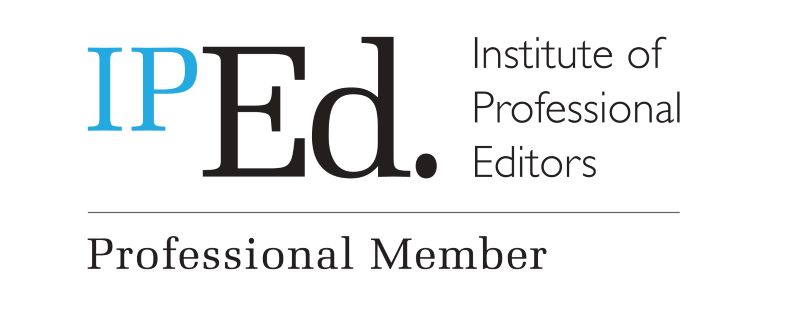What sorts of things can you proofread?
Almost anything you can think of – documents, annual reports, websites, press releases, newsletters, posters, presentations, book manuscripts, proposals, funding applications, dissertations and theses.
What document format do you work on?
Mostly I work with Word documents and use Track Changes so that you can accept or reject any suggested changes. Alternatively, if the layout is important, send a PDF, where I can add comments or edit the text, so you accept the changes. If you work in LaTeX, send either a .tex file or share documents with me in Overleaf.
If you need a presentation or poster proofed, a corrections report can be prepared that lists the changes to be made.
How much will it cost me?
That depends on the quality of the writing and how long it takes to proofread the pages. Most editors can proofread about four to eight pages per hour and I charge by the hour. However, if you are working on a fixed budget, contact me with a sample page or two, so I can provide you with a fixed quote. Sample edits for up to two pages are available free of charge.
How long will I have to wait?
Generally short documents are returned within 48 hours (or less), but longer documents will usually take more time. If you have a deadline to keep, let me know. Documents like PhD theses are often provided chapter by chapter, as this allows errors to be picked up early before they can be repeated throughout the document. If you have something very urgent, contact me to discuss your work.
My dissertation is really technical – can you do that?
Yes, I have a BSc(Hons) in Physics and a Master's in Optics. My work with the University of Canterbury means I have a good knowledge of topics in astronomy, biology, chemistry, psychology, water resource management, physics, engineering, geology and geography. I am able to edit LaTeX documents too.
What's the difference between proofreading and editing?
It's quite important when you submit work to let me know exactly what you want checked:
Proofreading means taking out all the errors in spelling, punctuation and formatting (including capitalisation, hyphenation, numbers, dates, symbols, fonts, page layout, spacing) and making sure it is grammatically correct.
Copy editing will involve checking the details of language, style, references, tables, illustrations and layout.
Structural editing is much more complex and can entail restructuring an author's writing and suggesting new ideas or plots. I'd normally refer you to another editor for this type of work.

